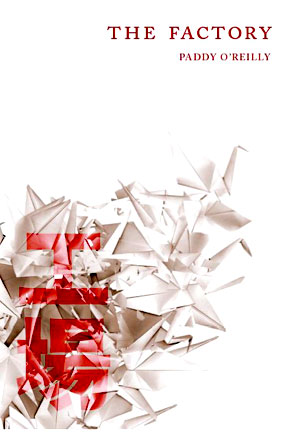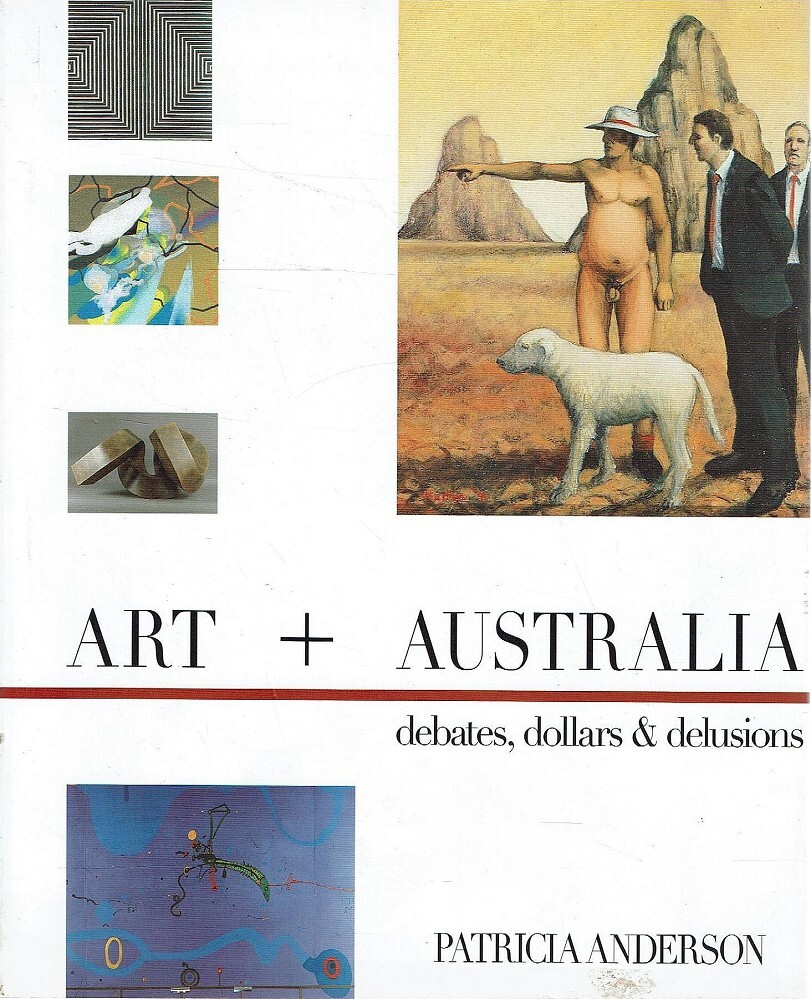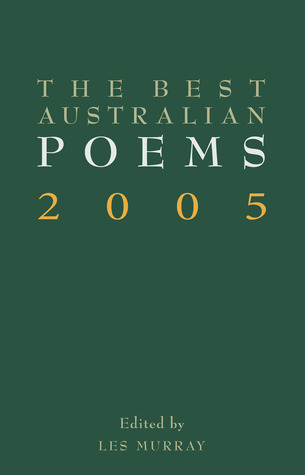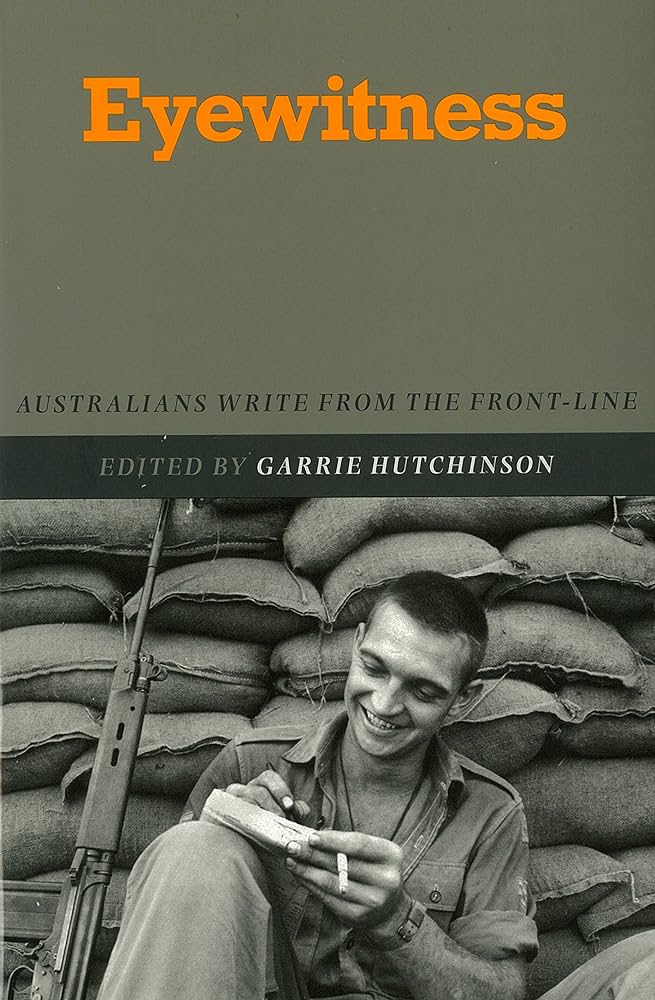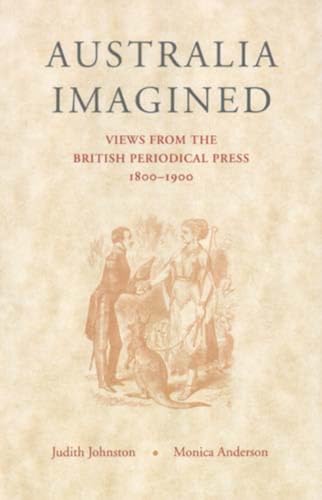Review
Art + Australia: Debates, dollars & delusions by Patricia Anderson
by Prue Gibson •
What Was It All For? by Don Aitken & Australia Fair by Hugh Stretton
by Dennis Altman •
Eyewitness: Australians write from the front-line by Garrie Hutchinson
by Martin Ball •
Australian Dictionary of Biography: Supplement, 1580–1980 by Christopher Cunneen
by Paul Brunton •
Australia Imagined: Views from the British periodical press, 1800–1900 edited by Judith Johnston and Monica Anderson
by David Carter •

